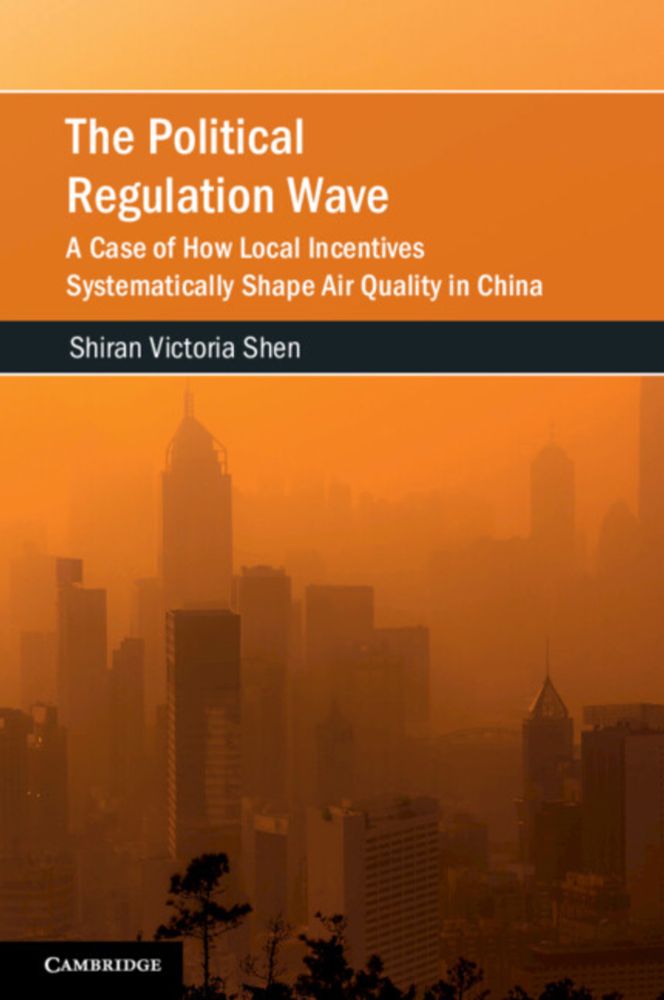Shiran Victoria Shen
@svshen.bsky.social
3.6K followers
130 following
46 posts
environmental politics professor @ WashU Poli Sci | author @ Cambridge UP - The Political Regulation Wave, Compliance with Public Policy | http://svshen.com
Posts
Media
Videos
Starter Packs
Pinned
Reposted by Shiran Victoria Shen
Reposted by Shiran Victoria Shen
Fiona Harvey
@fionaharvey.bsky.social
· Jul 18

‘Keeping us hooked on fossil fuels’: how can we negotiate with autocracies on the climate crisis?
The bulk of global greenhouse gas emissions come from countries that are not democratic, and many big oil and gas exporters are also authoritarian
www.theguardian.com
Shiran Victoria Shen
@svshen.bsky.social
· Jul 10
Shiran Victoria Shen
@svshen.bsky.social
· Jul 10














